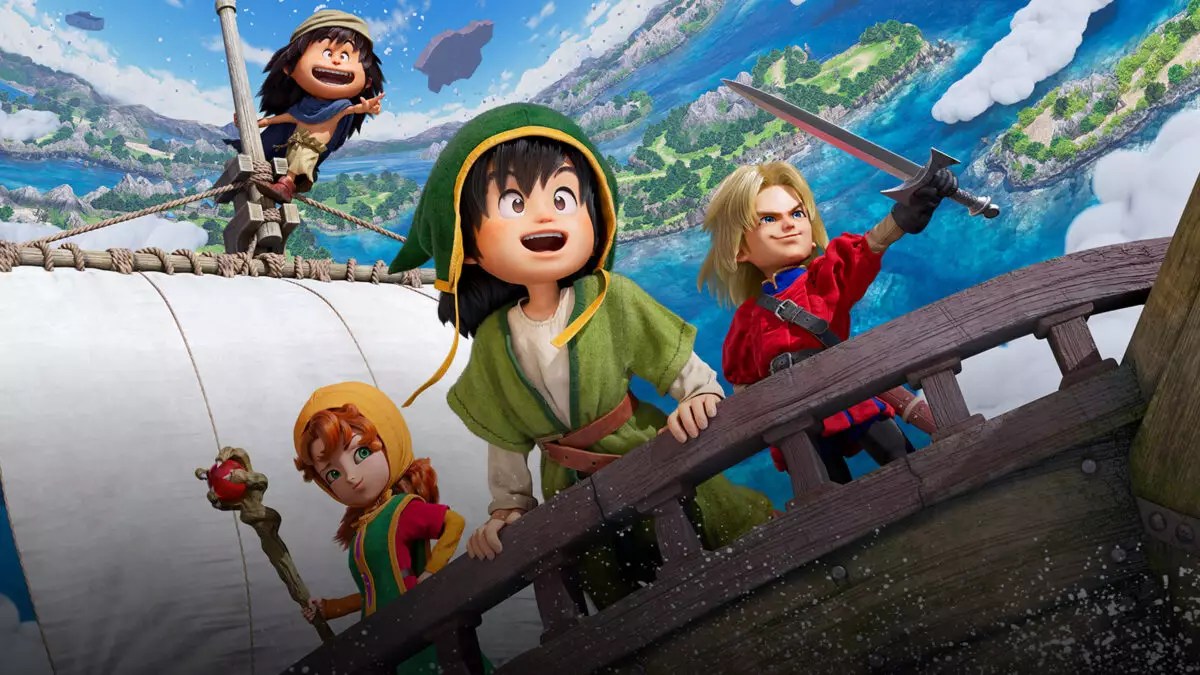In an era where nostalgia fuels both creativity and commerce, gaming giants like Square Enix are consistently revisiting beloved franchises to breathe new life into them. The upcoming remake of Dragon Quest 7 exemplifies this trend, aiming not just to revisit a classic but to reinvent it for a whole new generation. The ambitious project’s core philosophy centers on making a dated, sprawling RPG more digestible without sacrificing its iconic charm. This move reveals an important shift in how gaming companies approach franchise revitalization—not merely restoring old titles but actively reshaping them to suit contemporary tastes and expectations. The question is whether this delicate balancing act will succeed in capturing both the hearts of seasoned fans and the curiosity of newcomers.
Addressing the Bloat: Streamlining for Engagement
Originally released in 2000 on the PlayStation and later ported to the Nintendo 3DS, Dragon Quest 7 was celebrated and criticized in equal measure. Its vast size—requiring over 100 hours to complete—was both a testament to its depth and its Achilles’ heel. For dedicated fans, this sprawling adventure offered abundant content, side quests, and world-building. Yet, for newcomers or casual players, the game’s lengthy tangents often resulted in fatigue, breaking pacing and dampening engagement. The remake’s developers have reportedly taken a critical stance towards what many viewed as excess, streamlining narratives and pruning subplots that failed to contribute directly to the core experience. This targeted editing signifies a bold recognition: that game longevity should never come at the expense of player immersion and enjoyment.
Balancing Nostalgia with Innovation
By trimming unnecessary story tangles and emphasizing central themes, the remake aims to preserve the heart and soul of Dragon Quest 7 while eliminating elements that hinder accessibility. The inclusion of new scenarios functions as both a nostalgic nod and an invitation for new players to dive in without feeling overwhelmed. It’s a calculated gamble—modern players demand tighter storytelling and faster pacing, yet the franchise’s reputation rests on its whimsical charm and expansive worlds. If Square Enix manages to keep the essence intact while modernizing its presentation, the remake could become an ideal bridge connecting past and present. It’s an approach that challenges the conventional wisdom of “if it’s a classic, don’t fix what isn’t broken,” by instead carefully re-engineering it for relevance.
Implications for Franchise Longevity and Market Strategy
This remake’s strategic significance extends beyond the game itself. It signals Square Enix’s understanding that revitalizing classics isn’t just about capitalizing on nostalgia—it’s about reinvesting in the franchise’s future. With Dragon Quest 12 in development, this reimagined version may serve as both a celebration of the series’ legacy and a primer for the next chapter. The decision to release across multiple platforms on February 5, 2026, hints at a broader push to broaden audience reach and sustain interest in the franchise. If successful, this approach could set a precedent for how other storied series are handled—remaking not just for financial gain, but for cultural preservation and evolution. Ultimately, the Dragon Quest 7 remake appears poised to redefine the boundaries of how classic games are experienced, appreciated, and reimagined in the age of modern gaming.


Leave a Reply